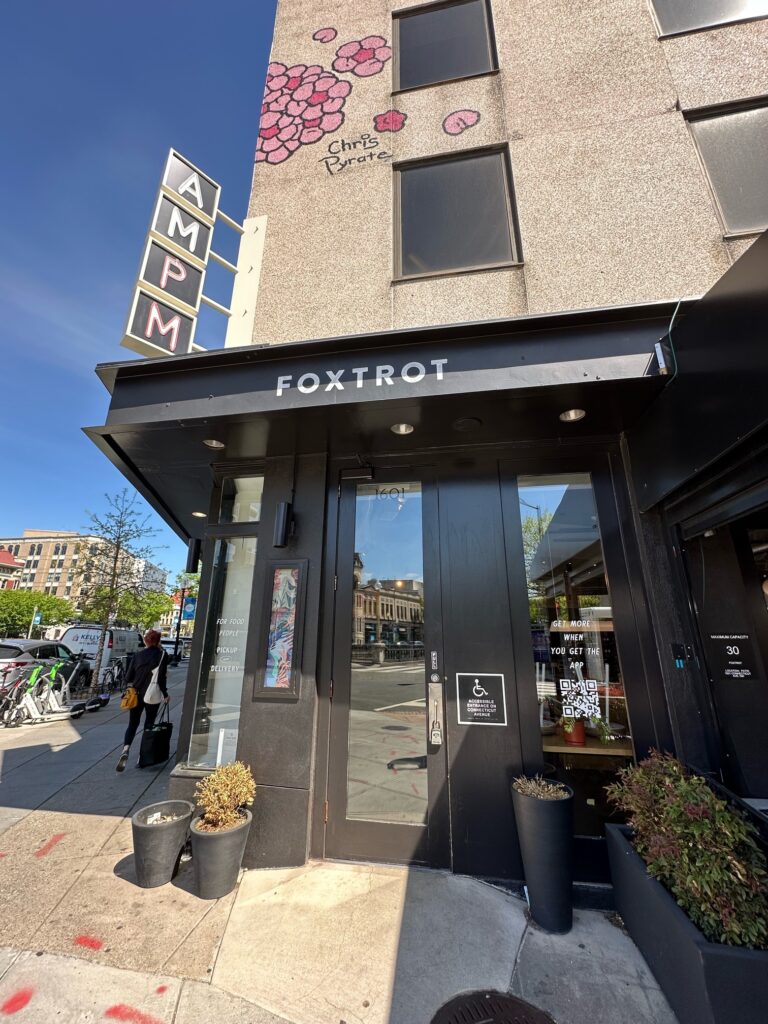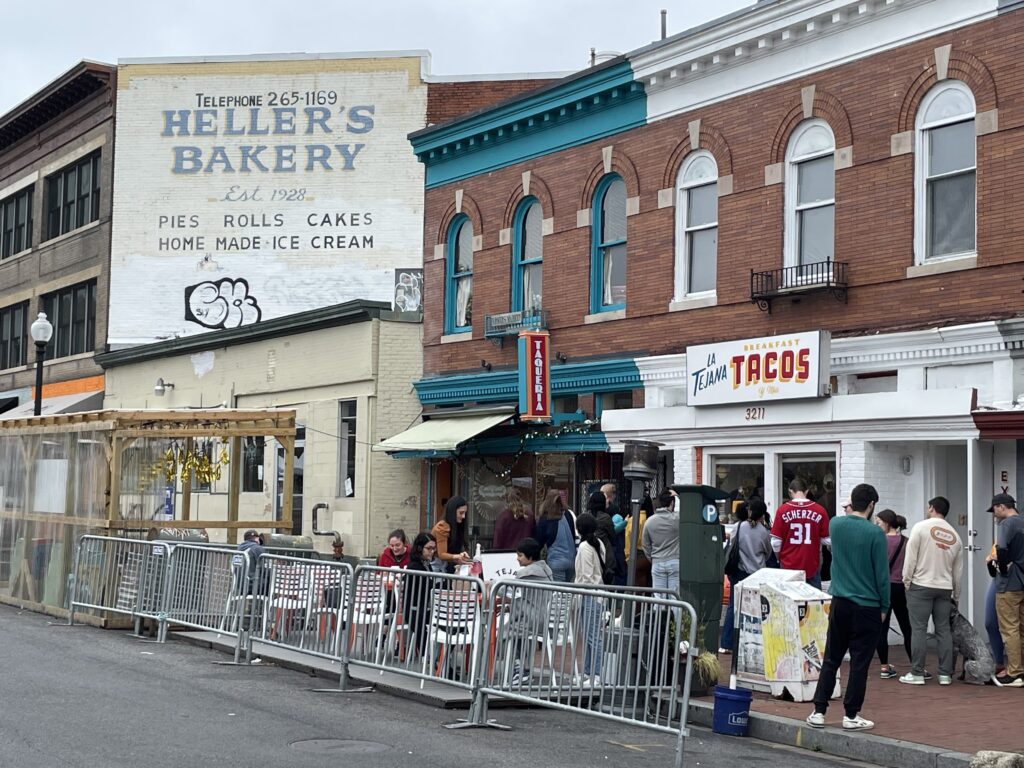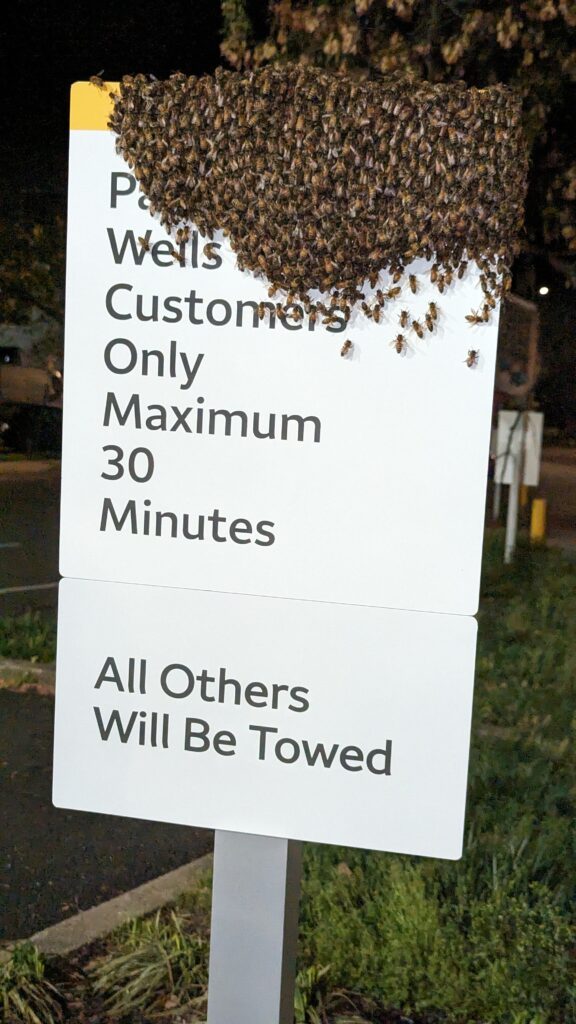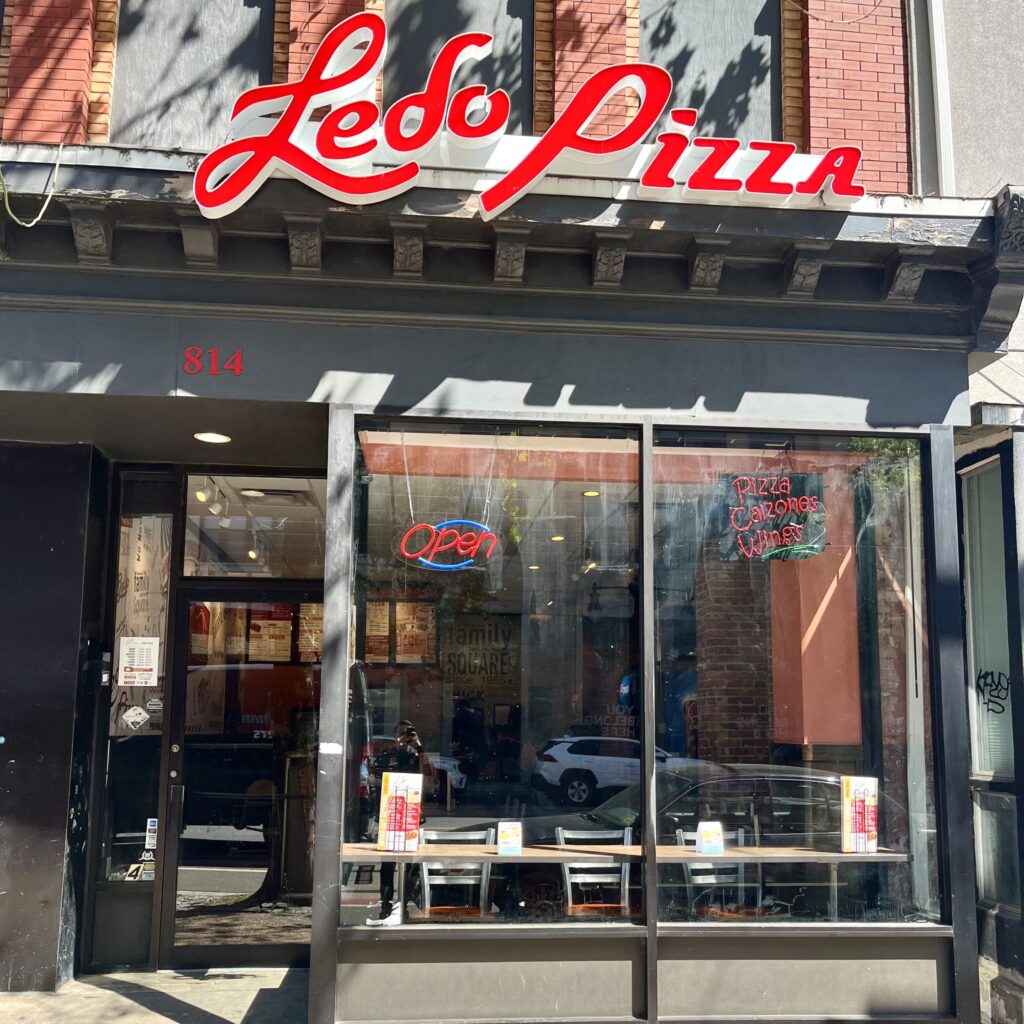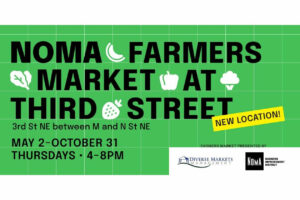This column is written by D.C. Realtor and resident Sean Forschler. Licensed in DC, MD & VA, he has been in the business since 2001 and currently works at RLAH Real Estate. He may be contacted at [email protected].
Last week, I described what a co-operative (co-op) is and gave some examples of how it differs from condominium ownership. To recap, it’s a corporation that provides housing for its members as evidenced by shares of stock or other documents.
This week I am going to explain the “underlying mortgage,” a.k.a. “blanket mortgage,” a.k.a. corporate mortgage indebtedness. From here on out, I’ll refer to this large loan as the UM.
In the UM, the land and building are used as collateral. Each residential unit will take on a piece of the loan payment based on their par value. This generally corresponds to the size or square footage of the unit. Therefore, the larger the unit, the higher the piece of this UM the resident is responsible for and vice versa.
The payment of the UM is part of the monthly co-op fee. Therefore the co-op fee is generally comprised of maintenance of the building and grounds, the unit’s portion of taxes and portion of this UM payment.
This is why many co-ops seem to have very high monthly fees but keep in mind that the taxes will pretty much remain stable, unlike a condo, and interest on the UM is tax deductible.
Now, not all co-ops have this UM payment as the UM has been paid off.
When purchasing a co-op, you must take into account the unit’s total remaining balance of the UM. Below is an example of how to calculate how much would need to be financed in order to purchase a co-op with a UM:
- Contract price = $390,000
- Remaining UM balance = $63,000
- Subtract UM from contract price $390,000 – $63,000 = $327,000
- Subtract your down payment (20% for this example, based on $327,000) = $65,400
Total amount you would need to finance is $327,000 – $65,400 = $261,600
This particular unit has a co-op fee of $1,055 but as you can see, you finance much less than the contract price. The higher co-op fee and lower payment for the amount financed balances out a bit. So don’t necessarily freak out over a high fee, it will have some tax benefits.
Please don’t hesitate to reach out to me if you have any further questions about this co-op phenomenon!
Recent Stories
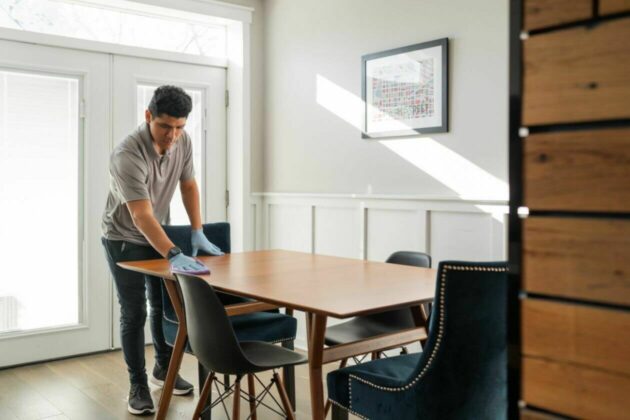
For many remote workers, a messy home is distracting.
You’re getting pulled into meetings, and your unread emails keep ticking up. But you can’t focus because pet hair tumbleweeds keep floating across the floor, your desk has a fine layer of dust and you keep your video off in meetings so no one sees the chaos behind you.
It’s no secret a dirty home is distracting and even adds stress to your life. And who has the energy to clean after work? That’s why it’s smart to enlist the help of professionals, like Well-Paid Maids.

Unlock Peace of Mind for Your Family! Join our FREE Estate Planning Webinar for Parents.
🗓️ Date: April 25, 2024
🕗 Time: 8:00 p.m.
PowerPoint Party in Adams Morgan
Make a funny PowerPoint, all the cool kids in DC are doing it!
Make a 5 minute or less PowerPoint presentation on whatever you want!• Defend your unpopular opinions!
NoMa Farmers Market at Third Street
The NoMa Farmers Market is returning for its third season in an exciting new location! This season, we’re expanding and relocating from Alethia Tanner Park to Third Street between N and M Streets NE at the nexus of NoMa and



